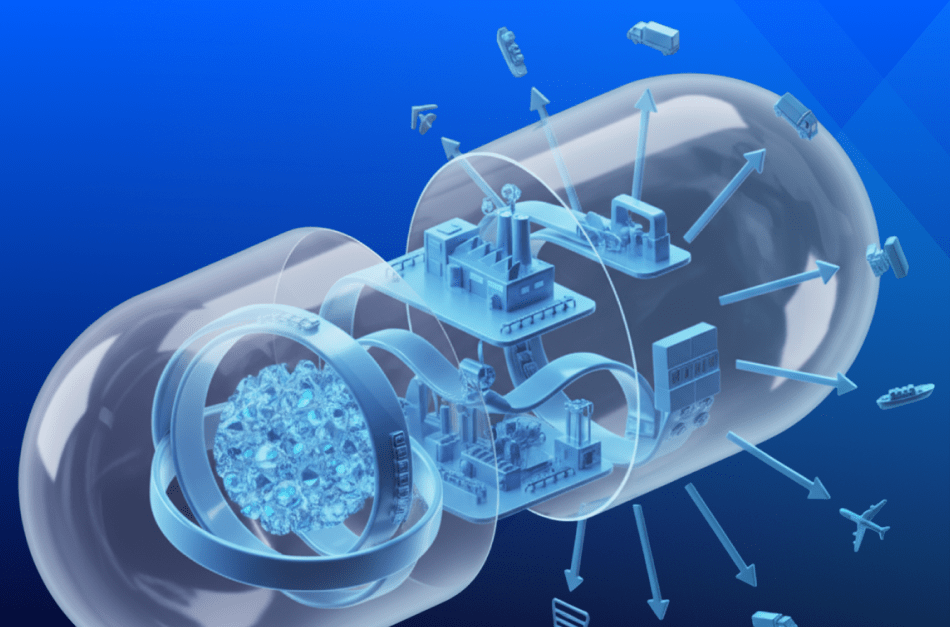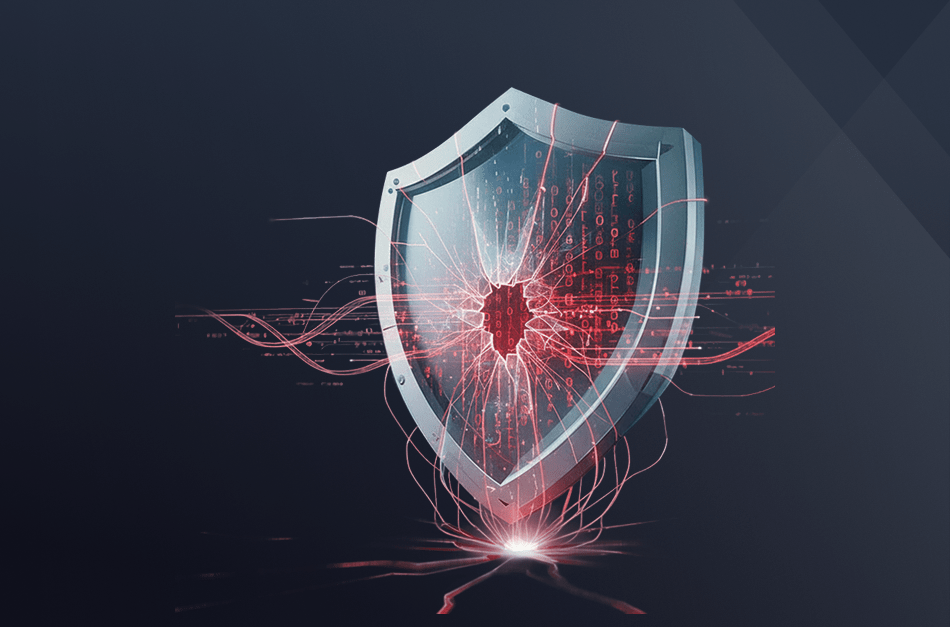At a Glance
- As a distributor, your investments can be severely impacted due to operational or management issues with your transportation system; The day-to-day operations of most wholesale distribution companies can take advantage of optimized systems to avoid inventory stock-outs, transportation bottlenecks, and more.
- Most operational problems can either be resolved quickly or avoided altogether with ERP software designed for distribution companies.
- Today, more and more supply chain distribution and transportation companies looking for an advantage are investing wisely in ERP software.
Distribution management, supply chain and logistics planning can be few of the most challenging areas for any wholesale distribution company. If not properly monitored, common occurrences of events like rapidly increasing volumes of new information, varying timelines, and unplanned scheduling issues can become large challenges to overcome. This goes for unforeseen factors that can’t be planned for as well, like breakdowns, natural disasters, and unexpected disruptions to transportation channels. To minimize the impact of these scenarios and more, distribution companies can choose to leverage smart business management software platforms such as ERPs. These solutions designed specifically for distribution companies focus on simplifying operations and shortening the cash cycle with robust out-of-the-box and customizable solutions.
For years, distribution companies have been on the short end of the stick when it comes to implementing IT infrastructure capable enough to support their unique needs and requirements. While a quick search might indicate a majority of wholesale distribution companies operating on a similar model, a more in-depth investigation would highlight numerous differences and intricacies. An effective wholesale distribution ERP software can recognize specific requirements and provide solutions to address them based on the scale, geography, and operating model of a specific organization. This all points to ERP being essential for distribution channel management, boosting overall operational efficiency, and reducing costs.
Below are 5 more important reasons why the right ERP is a must-have for organizations looking to boost distribution and transportation networks
1.Increased agility With today’s market more dynamic than ever before, end-users are not only more aware of what they want but are able to access a growing number of options. This change in behavior requires manufacturers and wholesale distributors alike to rethink their approach. With the right ERP solution in place, both sales and distribution pipelines become much more dynamic, allowing distribution companies to communicate changes in requirements in real-time to simplify the order-to-shipment process.
2.Enhanced Data Management For any distribution company, managing inventory inflow and outflow is an enormous task, susceptible to repetition, recurrence, and multiple errors. This can be avoided by implementing a comprehensive ERP platform to automate data entry and facilitate high-end data and insight generation. The right ERP software in distribution offers significantly enhanced visibility and complete transparency for information being managed in a distribution network.
Figure: 1Why Do Distribution Companies Need ERP
3.Efficient Inventory Management Properly managing today’s distribution operations includes actively monitoring supply chains, logistics, and inventory, which, when not managed effectively, can produce a significantly lower ROI. This is where ERP software for a distribution company can make a huge difference with things like built-in automation to track multiple items, real-time monitoring of goods to avoid stock-outs, and improved communication between stakeholders.
4.Streamlined Supply Chain Management To avoid disruptions in supply chains, companies need to take proactive measures to streamline operations and minimize the impacts of any global phenomenon that can potentially disrupt the supply network. An ERP software in a distribution company helps ensure a steady flow of goods, fortified communication amongst stakeholders, and complete visibility of the supply chain.
5.Improved Customer Relationships Today’s wholesale distributors are expected to anticipate their end user’s needs as market demands rapidly change. This helps organizations stay ahead of their competition, and able to respond quickly to their customer’s dynamic requirements. The strengthening of these customer relationships leads to an improved cash cycle, which further helps to avoid overstock. This leads to other, more conventional industries looking to improve customer retention with the right ERP.
Final Thoughts
Modern ERP software in distribution has evolved into complete end-to-end platforms designed to promote growth and improve both suppliers’ and distributors’ ability to do business under quickly changing conditions. Especially today, implementing the correct solution has become much more affordable, offering significantly improved response times, increased efficiency, and stronger customer relationships.
Key Takeaways
- Choosing the right ERP for distribution is more crucial than ever in making your supply chain and distribution network highly dynamic, leaving your business in a much better position to respond to rapidly-changing market demands.
- The main focus of ERP isn’t just operations management but also improving supply chain and strengthening customer relations.
- Overall, sales and distribution cycles become much more profitable when the right ERP solution is in place.
Invest in a robust ERP system to streamline your distribution operations. Start your trial!









